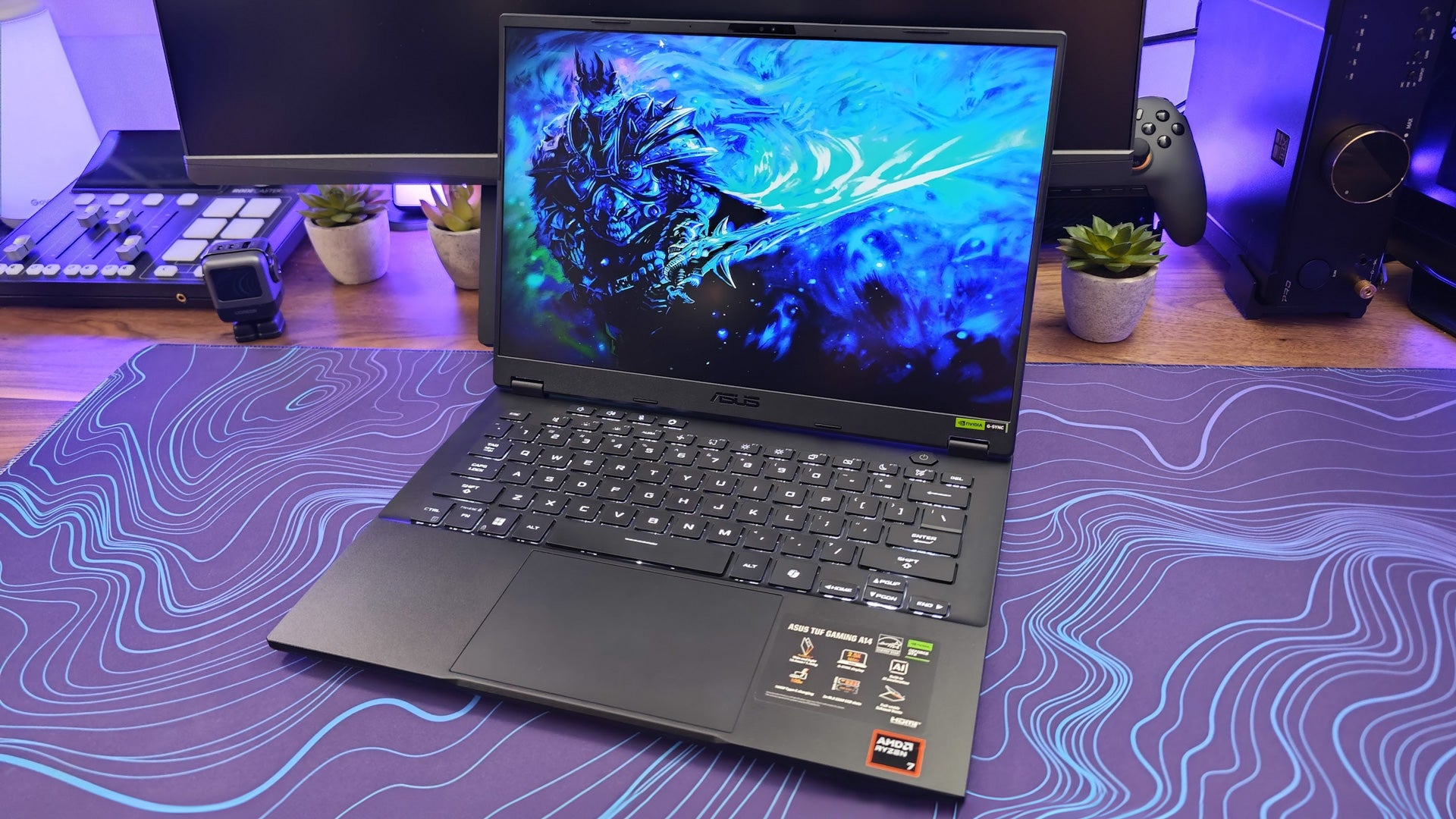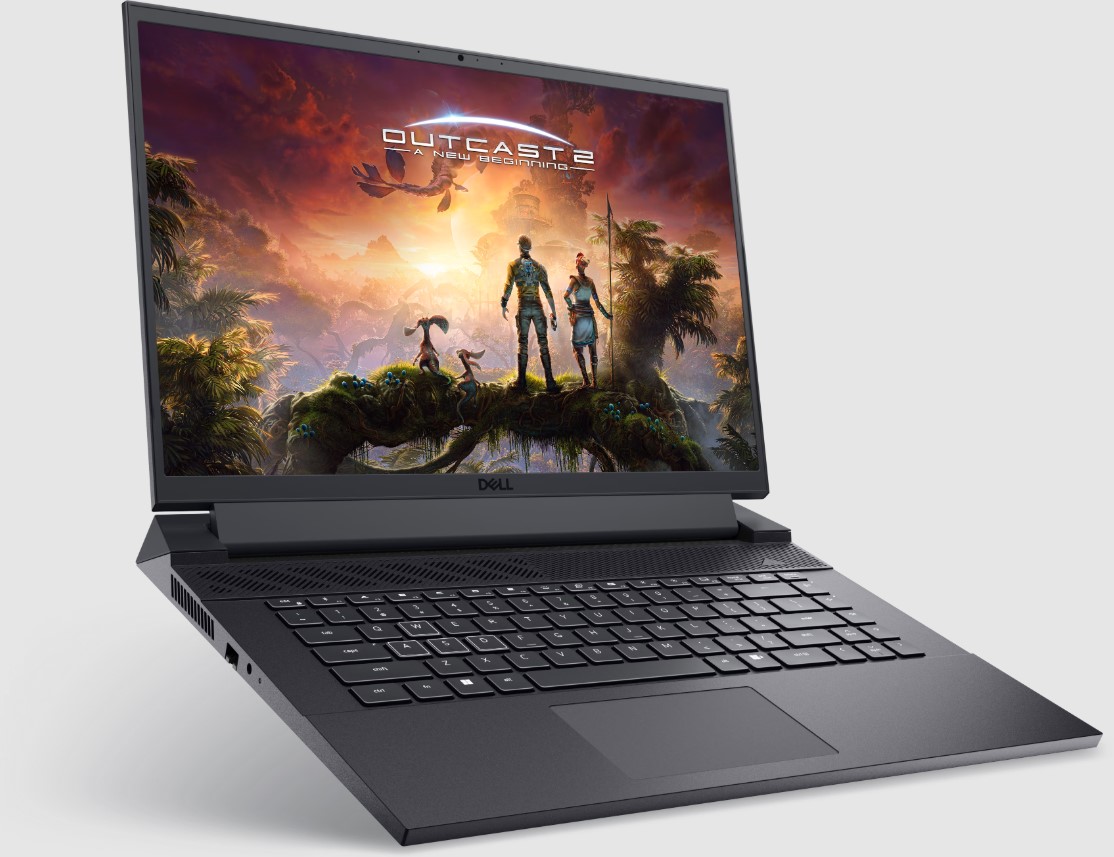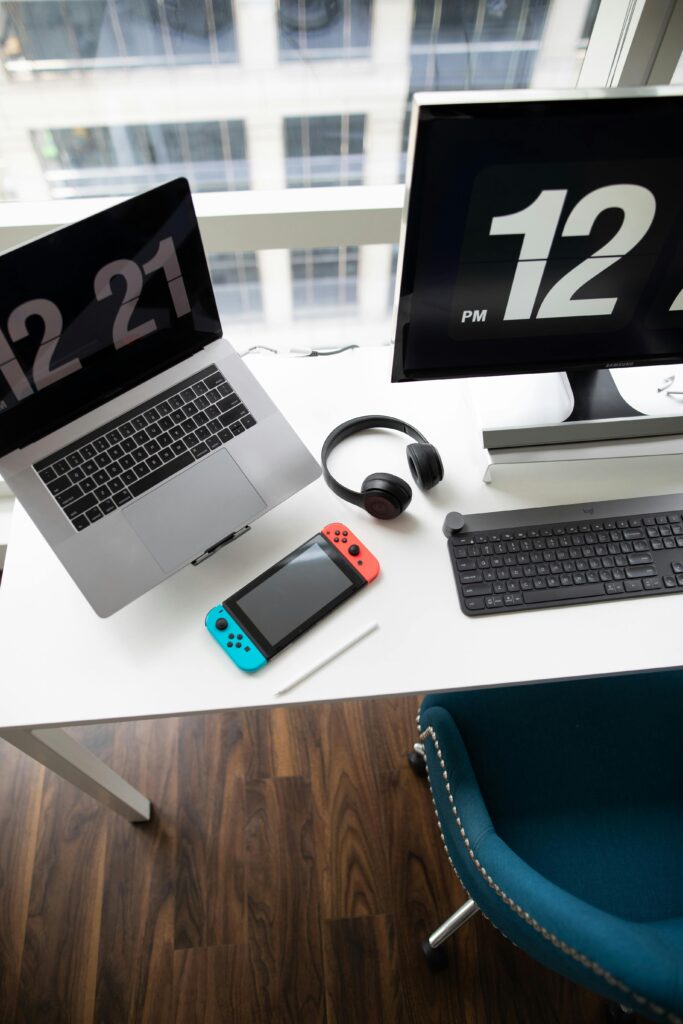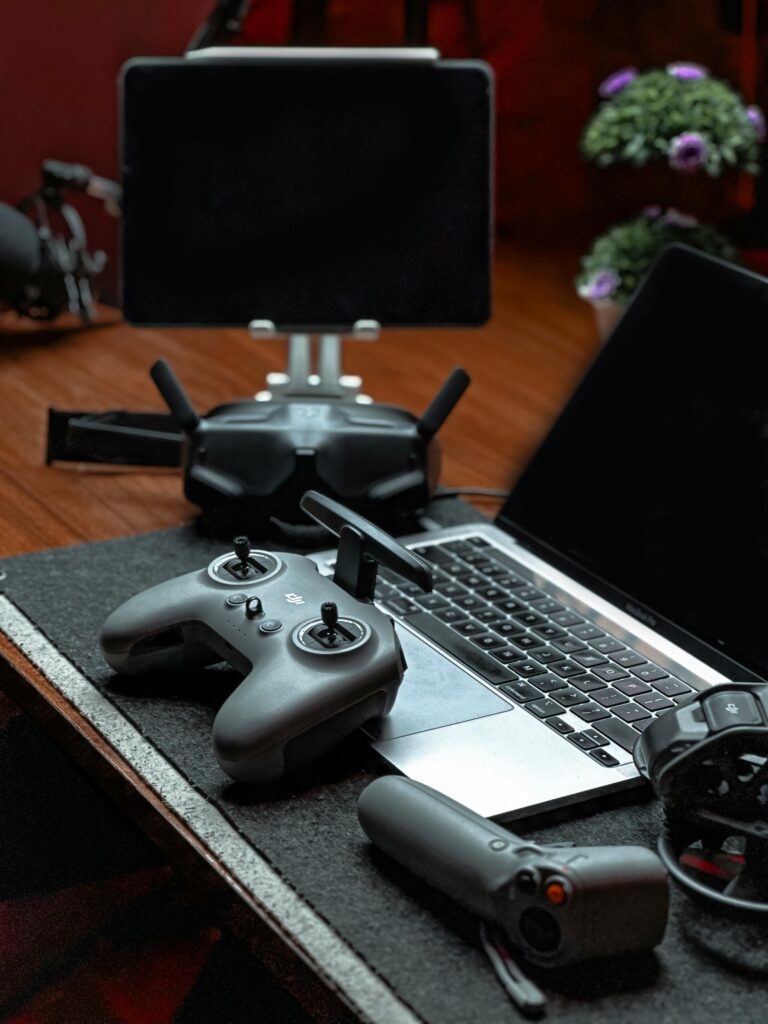Whether gaming laptops are suitable for school has gained traction in recent years as more students use them for educational and entertainment purposes. Gaming laptops are often known for their high performance, strong graphics capabilities, and sturdy design. But can they serve well in an academic environment? Let’s dive into the pros and cons to help determine if a gaming laptop is suitable for school.
| Criteria | Gaming Laptop | Standard Laptop |
| Performance | High, suitable for demanding tasks | Moderate, sufficient for general use |
| Portability | Heavy and bulky | Lightweight and portable |
| Battery Life | 3-5 hours | 8-12 hours |
| Price | Expensive | More affordable |
| Display Quality | Superior | Varies |
| Suitability for School | Great for specific needs | Suitable for general school tasks |
Pros of Using a Gaming Laptop good for School
- High Performance for Multitasking
Gaming laptops are built for high performance, with powerful processors (like Intel i7/i9 or AMD Ryzen 7/9) and ample RAM. For schoolwork, students can easily handle demanding tasks, such as coding, video editing, or running multiple applications simultaneously. A gaming laptop’s powerful specs can be a significant advantage for students pursuing courses in graphic design, engineering, or other resource-heavy disciplines.
- Versatility
Gaming laptops aren’t just for gaming. The specifications that make these laptops great for gaming also make them excellent tools for various school activities. Whether running demanding software like AutoCAD for engineering students or Adobe Premiere Pro for media students, a gaming laptop’s versatility ensures it can handle various educational tasks without breaking a sweat.
- Longevity
Since gaming laptops are built with future-proofing in mind, they tend to last longer than standard laptops. They have higher-end GPUs, more storage, and better cooling solutions to run the latest software and updates for years. In a school setting, where technology upgrades can be costly, having a machine that lasts can be a wise investment.
- Superior Display Quality
Gaming laptops generally have high-quality displays with reasonable refresh rates and color accuracy. This can benefit students in creative projects, such as graphic design or video editing. The superior display quality can enhance the visual experience, making studying and working on school assignments more engaging.
- Connectivity and Expansion Options
Many gaming laptops have various ports, such as HDMI, USB-C, and others, that make them suitable for connecting to multiple devices. This can be handy for students giving presentations or needing to plug into external displays, drawing tablets, or additional storage. Additionally, gaming laptops often support easy upgrades—such as adding more RAM or SSD storage—which can extend their lifespan for educational purposes.
- Great for Entertainment
When students need a break from studying, a gaming laptop offers an easy way to relax and recharge by playing their favorite games. Additionally, gaming laptops often provide high-quality speakers and screens, making them perfect for watching movies or streaming content—something that can make a student’s downtime more enjoyable.
Cons of Using a Gaming Laptop good for School
- Bulk and Portability
One of the most significant drawbacks of gaming laptops is their size and weight. Unlike ultrabooks or thin laptops designed for portability, gaming laptops are usually bulky and heavier due to their powerful components and advanced cooling systems. If students need to carry their laptops between classes, this bulkiness could become cumbersome, especially if they have a long commute or a heavy workload.
- Shorter Battery Life
Gaming laptops consume much power and often have shorter battery life than non-gaming laptops. A typical gaming laptop may only last 3 to 5 hours on a full charge when used for general tasks, whereas regular laptops can often last 8 to 12 hours. A gaming laptop’s limited battery life can be inconvenient for students who spend long hours at school without easy access to power outlets.
- Price
Another major downside is the cost. Gaming laptops are more expensive than standard laptops due to their high-end components. While their performance and versatility are notable benefits, the higher price tag might not be justifiable if the primary use is for note-taking, research, and simple software applications. A more affordable laptop might be a better option for students on a tight budget.
- Distractions
Gaming laptops can be a source of distraction. Having easy access to influential games can make it difficult for some students to focus on their studies. While this is more about the student’s self-discipline than the hardware, it is still a factor to consider. If the temptation to game during lectures or study sessions is strong, it might hinder productivity.
- Noise and Heat
Gaming laptops often have robust cooling systems, which can be loud during intensive use. Due to their powerful GPUs and CPUs, these laptops also tend to generate more heat than standard models. The fan noise can distract the user and their peers if you’re in a quiet library or classroom. Plus, using the laptop on your lap for extended periods can become uncomfortable due to the heat.
When a Gaming Laptop is the Right Choice
A gaming laptop may be an excellent option for school if:
- You are studying a program that requires high-performance hardware: Fields like graphic design, architecture, video production, engineering, and computer science often require resource-intensive software. A gaming laptop can easily handle these programs, providing the performance needed without lag or crashing.
- You want a multipurpose device: A gaming laptop might be the ideal choice if you need a computer that works as hard as you do during the day and lets you game during your downtime.
- You value longevity: Gaming laptops last longer because of their powerful hardware. Even as software requirements increase, a gaming laptop is more likely to meet those demands than a standard laptop.
- You are okay with sacrificing portability: A gaming laptop can be a good choice if you’re okay with a heavier device or primarily studying from home or a dorm where portability isn’t a significant concern.
When a Gaming Laptop is Not the Best Choice
On the other hand, you may want to avoid using a gaming laptop for school if:
- Portability is a top priority: If you have a lot of classes and need to move around campus frequently, the bulk of a gaming laptop can be a hassle.
- You need long battery life: If your daily schedule involves long hours away from power outlets, a standard ultrabook or notebook with extended battery life may serve you better.
- Your budget is limited: If your needs are simple, such as taking notes, writing papers, and doing online research, you might not need the high-end specs (or the price tag) of a gaming laptop. You could save money by opting for a more affordable, lightweight model.
Best Alternatives to Gaming Laptops for School
If you’ve decided that a gaming laptop isn’t the best choice for school, several excellent alternatives can meet your educational needs without some downsides.
- Ultrabooks are lightweight, slim laptops with good battery life and enough power for most school-related tasks. Options like the Dell XPS series or the MacBook Air are well-regarded for their balance of portability, battery life, and performance.
- 2-in-1 Laptops: Devices like the Microsoft Surface Pro or Lenovo Yoga series offer the versatility of a tablet and laptop combined. They’re lightweight, easy to carry around, and perfect for note-taking, especially if they come with a stylus.
- Business Laptops: Business laptops like the Lenovo ThinkPad or HP EliteBook are durable, have long battery life, and have sufficient power to handle daily tasks. They’re often lighter than gaming laptops and more suitable for classroom use.
Conclusion
So, are gaming laptops good for school? The answer depends on the student’s needs and preferences. Gaming laptops offer unmatched performance, making them ideal for students who need to run demanding software or who want a multipurpose device. However, they have notable downsides, such as their heavy weight, shorter battery life, and higher price point.
If you’re a student who prioritizes power and versatility and doesn’t mind a bit of extra bulk, a gaming laptop could be an excellent investment that lasts through years of coursework and leisure time. On the other hand, if you value portability, battery life, and affordability, a gaming laptop may not be the best fit for your school life. Ultimately, the decision comes down to evaluating your specific requirements and weighing the pros and cons based on what matters most to your academic and personal.
Read more:
Are HP Laptops Good for Gaming?




